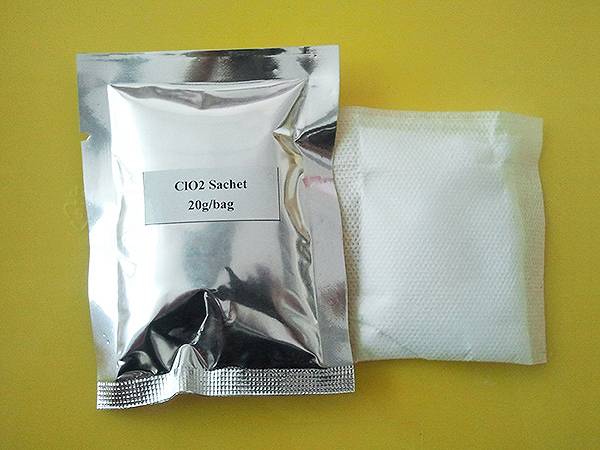



Benefits and Uses of Chlorine Dioxide for Health and Wellness Applications
Chlorine Dioxide for Health A Controversial Topic
Chlorine dioxide (ClO2) has garnered attention as a potential treatment for various health conditions, fueling debates among medical professionals, researchers, and the public. Originally developed as a disinfectant, this chemical compound is primarily used in water treatment processes due to its strong oxidizing properties. However, its application in health and wellness has sparked a contentious dialogue.
Chlorine Dioxide for Health A Controversial Topic
However, despite these claims, the scientific community remains largely skeptical about the efficacy and safety of chlorine dioxide for health purposes. Regulatory bodies, including the U.S. Food and Drug Administration (FDA), have issued warnings against consuming chlorine dioxide products, labeling them as dangerous and potentially life-threatening. The FDA's stance is substantiated by evidence indicating that ingesting chlorine dioxide can lead to serious health risks, including nausea, vomiting, diarrhea, and even severe respiratory distress.
chlorine dioxide for health

Moreover, scientific studies conducted to evaluate chlorine dioxide's medicinal properties have not provided sufficient evidence to support its use as a therapeutic agent. Rigorous clinical trials and peer-reviewed research are essential to verify any health claims, but so far, chlorine dioxide has not passed these tests. A lack of regulation and oversight in the production of these products further complicates the issue, raising concerns about the purity and dosage of chlorine dioxide being marketed to consumers.
The controversy surrounding chlorine dioxide's use for health purposes reflects a broader phenomenon in the field of alternative medicine, where anecdotal evidence often overshadows rigorous scientific inquiry. Individuals seeking immediate relief from chronic or acute conditions may turn to unproven remedies, driven by desperation and hope. This is a reminder of the importance of evidence-based practices in healthcare, as well as the need for public awareness regarding the potential dangers of unregulated substances.
In conclusion, while chlorine dioxide may have legitimate applications in disinfecting water and surfaces, its use in health treatments is fraught with risk and controversy. The scientific consensus is clear without robust evidence supporting its safety and efficacy, chlorine dioxide should not be considered a viable health solution. Individuals should approach these claims with skepticism and consult healthcare professionals before using any alternative treatments. The pursuit of health and wellness is best served by grounded scientific research and responsible medical guidance.
-
Why Sodium Persulfate Is Everywhere NowNewsJul.07,2025
-
Why Polyacrylamide Is in High DemandNewsJul.07,2025
-
Understanding Paint Chemicals and Their ApplicationsNewsJul.07,2025
-
Smart Use Of Mining ChemicalsNewsJul.07,2025
-
Practical Uses of Potassium MonopersulfateNewsJul.07,2025
-
Agrochemicals In Real FarmingNewsJul.07,2025
-
Sodium Chlorite Hot UsesNewsJul.01,2025










